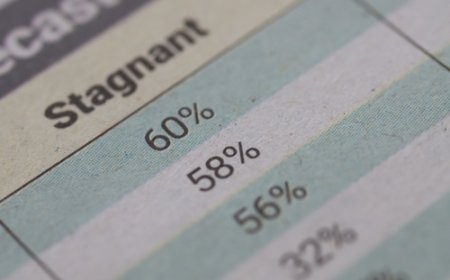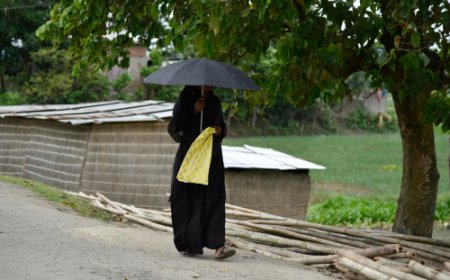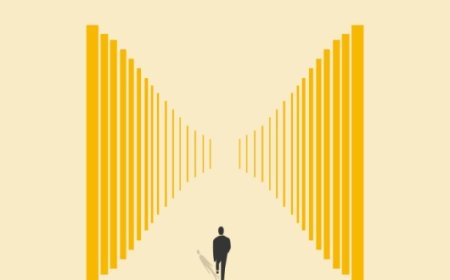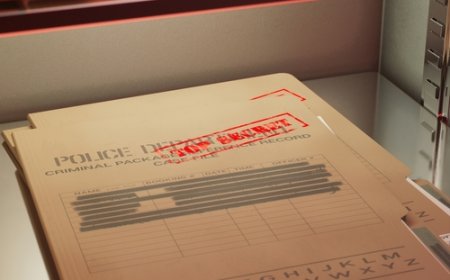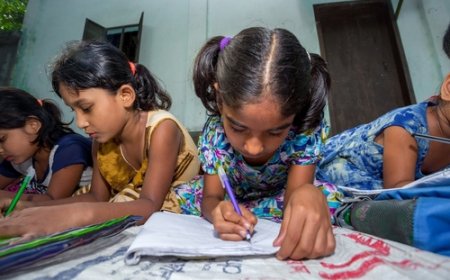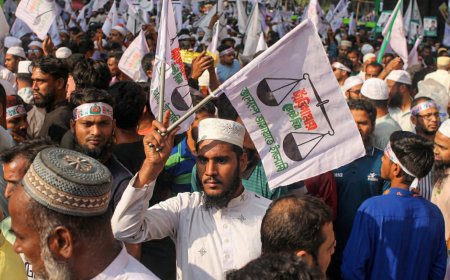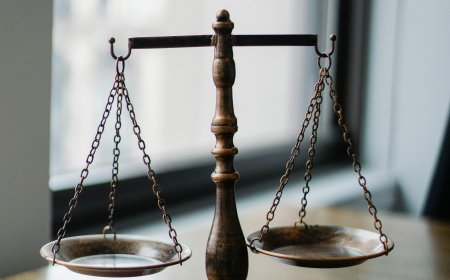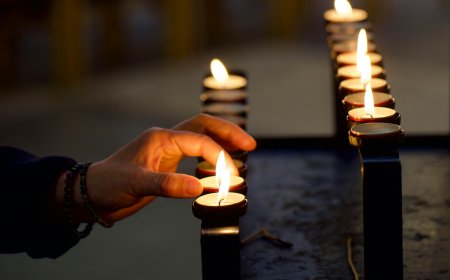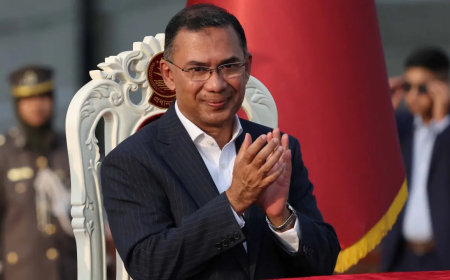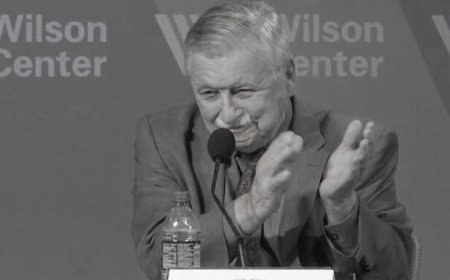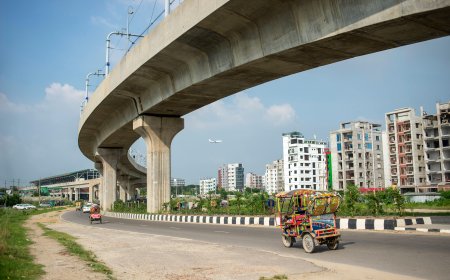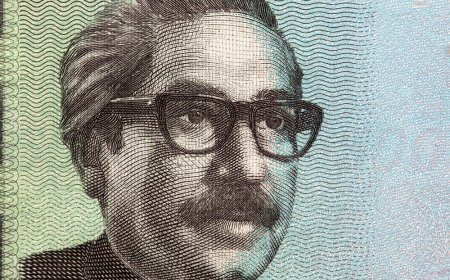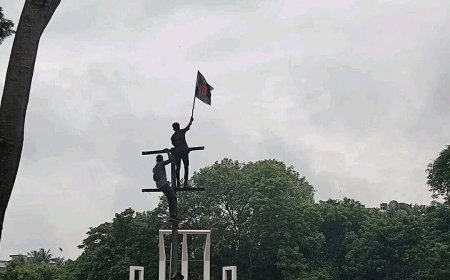Judgment Day for Hasina
Today's verdict could rewrite Bangladesh’s democratic destiny

Bangladesh is approaching a moment of historic consequence as the nation awaits today’s verdict against former Prime Minister Sheikh Hasina, a decision that could determine whether
the 2024 people’s revolution delivers lasting change or slips back into familiar turmoil.
For a country still rebuilding after years of authoritarian rule, the stakes could not be higher.
When Nobel laureate Muhammad Yunus assumed leadership of the caretaker government following last year’s student-led uprising, he promised a national reset -- a break from the
concentration of power, corruption, and repression that defined Hasina’s 15 years in office.
The youth-driven revolution was hailed as a turning point, a moment when Bangladesh reclaimed its democratic voice after years of stage-managed elections and state-sponsored fear.
But as the verdict nears, the country stands at a fragile crossroads.
Hasina, who fled to India in August 2024, faces charges of authorizing a brutal crackdown on largely peaceful student demonstrations that escalated into a full-scale revolution.
More than 1,400 people were killed during the crackdown. The trial, held in her absence, could result in the death penalty -- a decision that would reverberate across political, institutional, and social fault lines.
Critics of Hasina insist accountability is essential for justice; her loyalists claim the case is politically engineered to dismantle her long-standing political dynasty.
In anticipation of the ruling, the Awami League has called for a nationwide “lockdown,” a move widely seen as an attempt to intimidate the public and cast doubt over the judicial process.
Dhaka has been rattled by arson, explosions, and street-level disruptions that bear the markings of political operatives seeking to destabilize the transition and delay both justice and the upcoming national election. These actions echo an old pattern in Bangladeshi politics: when accountability approaches, chaos follows.
Against this volatile backdrop, Dr Yunus has urged calm, reaffirming the caretaker government’s commitment to a free and fair election scheduled for February. He has also called for a parallel referendum on constitutional reforms, including the creation of a bicameral parliament and the reintroduction of caretaker-style election oversight -- proposals that could reshape the country’s political architecture for decades to come.
Yet the path forward is steep. The interim administration faces pressure from all directions: the resurging Bangladesh National Party, increasingly organized Islamist factions, impatient youth leaders, and entrenched Awami League networks.
Meanwhile, institutions long weakened by patronage and corruption are being rebuilt under immense scrutiny.
Economically, Bangladesh shows cautious signs of recovery -- enough to prevent collapse, but not enough to inspire full confidence. International lenders, including the IMF, have acknowledged “broadly satisfactory” progress, even as inflation lingers and foreign investors remain wary.
A critical port deal at Chittagong, set for signing soon, has become a symbolic test of whether political stabilization is credible or temporary.
For the young Bangladeshis who risked everything during last year’s uprising, the urgency is even greater. They are pressing for rapid reforms, accountability, and meaningful elections. They fear that constitutional referendums, political maneuvering, and institutional delays may dilute the revolution’s purpose.
Their message remains firm: justice is foundational -- not optional -- for a democratic future.
Now the nation waits.
The verdict against Hasina will not, on its own, heal Bangladesh. But it will signal whether the country is serious about confronting decades of impunity and entrenched power.
If justice prevails, it could reinforce public trust and strengthen the democratic transition.
If chaos spreads, Bangladesh risks repeating a cycle that has derailed its progress for generations.
Bangladesh stands on the edge of destiny. Today’s ruling will be more than a legal judgment -- it will be a defining test of whether the revolution that toppled a dictatorship can deliver the
justice, stability, and democracy its people fought for.
What's Your Reaction?









